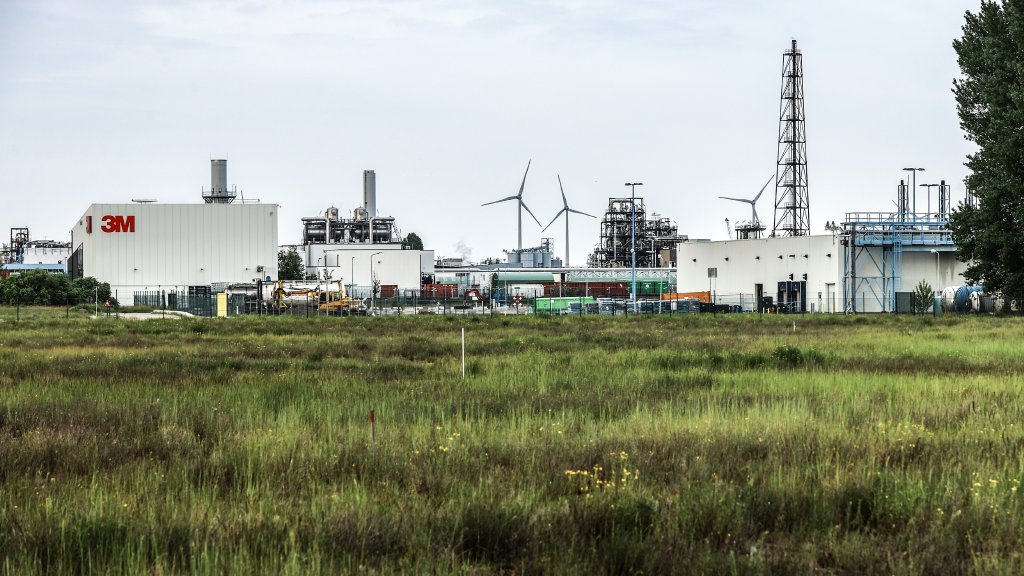Flemish green party Groen is calling for a thorough reform of the region's environmental policy to avoid big pollution scandals from happening again.
On Monday, the Agency for Care and Health took part in a hearing of the PFOS Committee of Enquiry, which is looking into the health consequences of the PFOS-contaminated land near the American chemical company 3M's site in Zwijndrecht, and what role the business, the government, as well as the agency, played in allowing this to happen.
"Why did it remain silent for so long regarding PFAS, despite various signals that something was going on?" Groen MP Mieke Schauvliege, member of the Committee, said.
"The Agency is also meant to give advice on permits. But those opinions didn't come: time and time again, 3M received a silent opinion from the Agency for Care and Health. This means that no research was done into the health effects.
The Committee was set up after it was revealed unsafe levels of the "Forever chemical" PFOS, or perfluorooctanesulfonic acid, a substance hazardous to human and animal health, were discovered in the water and soil near the 3M factory, something the government reportedly kept quiet for years.
Later, blood tests and dust samples showed that the blood of almost 60% of local residents, as well as the air around the site, were also polluted by the chemical, a substance that is part of the wider PFAS group.
This eventually led to the government ordering 3M to stop parts of its production, as it failed to prove its emissions don't cause harm to the environment or people.
Reversing burden of proof
Ahead of Monday's hearing, during which the Committee's members questioned the agency's administrator general, Dirk Dewolf, on "who knew what, when," Groen said the current policy should be reformed, focusing on the reversal of the burden of proof for the industry.
Currently, it is up to environmental agency inspectors to investigate whether a company is damaging the health of local residents, however, the party stressed it should be up to the industry, as the current system only allows inspectors to get to work "when there is pollution and when it is too late for the health of local residents."
This reversal of the burden of proof was among the recommendations made by Dewolf, based on the principle that environmental degradation "must be tackled at source."
"As is the case with pharmaceutical companies, it should be up to the industry to demonstrate that man-made chemicals are not eco-toxic or potentially harmful to humans."
Related News
- Flanders to launch large-scale investigation into PFAS in groundwater
- Pollution scandal: 3M appeals against shutdown ruling
He added that there must also be a duty of care from the companies producing the possibly toxic substances, regardless of the conditions of the permit awarded to the business, "as is the case in the United States," meaning they are liable for any health damage caused to people as a result of their production processes.
Dewolf added that Flanders is working on a policy to regulate PFAS and that in general, Belgium is supporting the European Union's ban on the chemical, by gradually phasing out substances belonging to the group.
Finally, to ensure that the risks of the current pollution are curbed, he stressed that various administrations must improve their collaboration and that an intelligent database and a policy around this must be created, allowing technology to predict associations in the possible risks involved.
Yet, one of the biggest problems faced by the agency itself when it comes to giving advice to the government for giving permits, mentioned both by Schauvliege and Dewolf, is the cutbacks in environmental administration, resulting in fewer staff being available to oversee regulation.
"The agency has lost 36% of its staff since 2010. This is phenomenal, and it has an undeniable impact on the quality of policy," said Schauvliege, adding that, as a result of cuts to the Environment Department staff, 20% of the most polluting companies have never been inspected."

